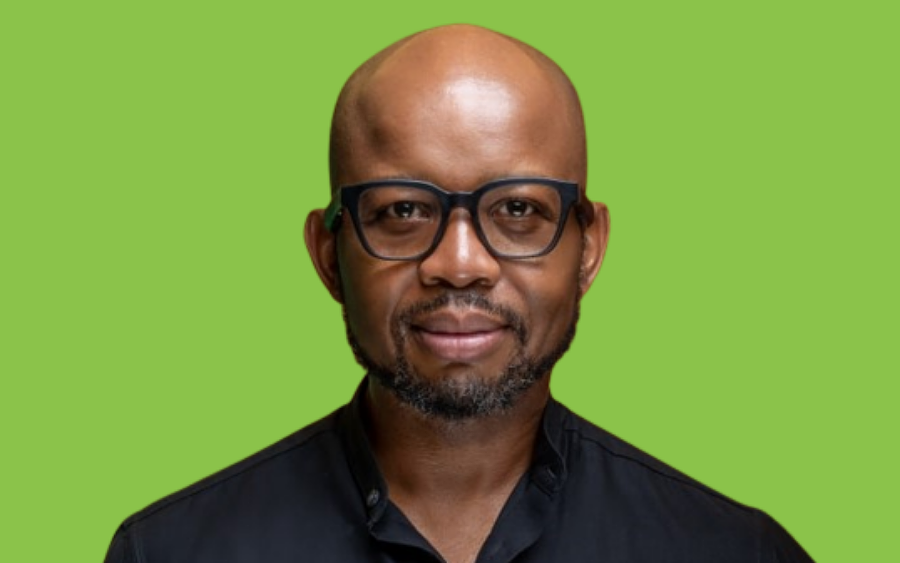The Founder and Chief Executive Officer of Sparkle, a Nigerian digital bank, Mr. Dozie Uzoma, has said that Nigeria is poised to lead other African countries in open banking as preparations hit top gear for the take-off of the new banking system.
Uzoma stated this in an interview with Nairametrics while sharing insights on the progress of open banking in Nigeria and its potential to revolutionize the financial sector.
“We are further along than any other country in Africa,” Dozie said, adding that the Central Bank of Nigeria (CBN) is working closely with key stakeholders to ensure the full implementation of open banking policies.
“Before mid-2025, we should be the first country in Africa to have deployed open banking and start benefiting from it,” he said.
Opportunities in open banking
According to Dozie, open banking is set to unlock significant opportunities in Nigeria’s financial sector.
- He noted that by providing secure access to data, it can create more lending opportunities for small businesses, which are often underserved by traditional banks.
- Dozie explained that many banks hesitate to lend to small businesses because they lack sufficient data on these enterprises, but open banking would allow smaller financial institutions to access this data and extend credit.
“More data means more trust and more trust lowers the cost of lending. When banks can access comprehensive financial data, they can offer better services to small businesses and individuals,” Dozie said.
For businesses like Uber, he said open banking would also enable faster and more efficient account opening for drivers.
“They won’t need to come to us physically. Through our API, Uber can automatically open business accounts for drivers as they register,” Dozie explained.
Possible drawbacks
Despite the immense potential, open banking comes with its challenges, particularly in terms of regulation and education.
Dozie pointed out that while the necessary frameworks are being put in place, collaboration among stakeholders will be key to success.
“The drawback is always going to be our collaboration and coordination, especially in Nigeria. Legislation is crucial, and we need to educate the public on what open banking means and how it benefits them,” he said.
- Addressing concerns about data privacy, Dozie highlighted that open banking is designed with trust and security in mind.
- He added that the protocols enforce strict standards for transferring information, ensuring that customers’ data is protected.
- According to him, open banking would enhance data privacy laws in Nigeria by building privacy protections into the system.
What is Open Banking?
Breaking down the concept of open banking, Dozie explained that it allows financial service providers to communicate and share information securely, using standardized protocols.
“Open banking enables banks to connect in a cost-effective, secure manner, similar to how the standardization of USB-C has simplified device charging.
“In financial terms, this standardization allows banks and other service providers to access customer data with the customer’s consent, fostering innovation and competition,” he explained.
- He emphasized that open banking puts control back in the hands of the customer, allowing them to instruct their bank to share data with other financial institutions.
- This seamless flow of information, he noted, could help banks make quicker and more accurate lending decisions, particularly for small businesses that lack extensive financial histories.
“Open banking will unlock data, enabling banks to assess creditworthiness more efficiently. It will also drive traditional banks to innovate, as they will face competition from newer institutions better equipped to serve customers,” Dozie noted.
What you should know
Nigeria became the first African country to establish an open banking regime after the CBN released its open banking operational guidelines on 7 March 2023, outlining rules on how banks and other financial institutions will access and handle customer data.
- Open Banking enables the sharing of customer-permissioned data between banks and third-party firms. This system allows banks to securely share their customer data with third-party companies, such as fintech and other financial service providers, with the consent of their customers.
- This sharing of data is done through Application Programming Interfaces (APIs), which act as a bridge between the bank’s systems and those of the third-party firms.
- Once a customer gives their consent for their data to be shared, the third-party firm can access their data through the bank’s APIs.
